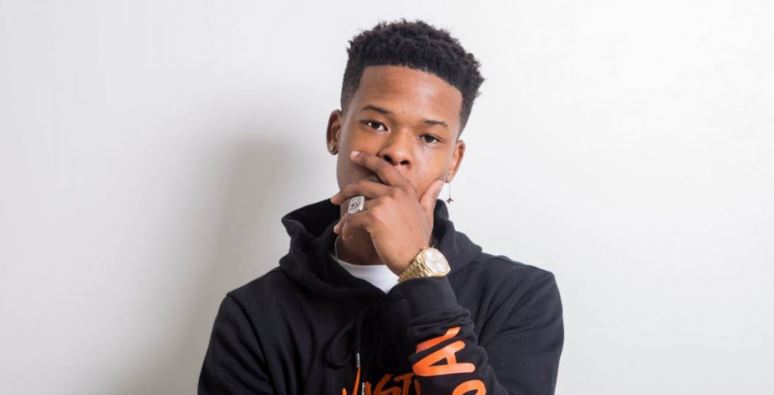
He spared some time to talk about his music, Kenyan artistes, and how he was able to overcome depression and feelings of insecurity.
What‘s music to you?
It is simply therapeutic and powerful.
How would you say your music has evolved since you began?
I started listening to other genres of music, which means that I have grown and expanded my music creatively. I have been reading a lot of books too, which has made me a lot wiser. My word play is also a lot cleaner than how it used to be.
What is your ultimate direction as a musician?
To inspire. My music has to speak, and do more than just make a person move. I want it to change the way one thinks, acts and hustles.
Where do you draw your inspiration from before writing your songs?
Everything that happens around me, to me, and things that I want to happen to me.
What has been your greatest challenge as a musician so far?
As an artiste, I wouldn’t really say that I have had challenges. I would call them learning curves.
Who would you say you look up to in the music industry?
Definitely Young Thug. (Laughs).
Who would you acknowledge for emotional support in your music career?
My girl, Ntombizodwa Beatrice Sibanyoni.
What would you say makes you stand out from other artistes in Africa?
I am unapologetic about my music, my style and what I do. I do not conform to sounds, language and images around me. I simply do what I want.
Dream collaborations?
Oh yes! Young Thug, Adele, Future, Rihanna and Lil Wayne.
Could you briefly describe your music making process?
I just play beats until I find one that grabs my attention. If it happens to be one of the turn-up joints, a song where I am expressing myself not telling a story, I don’t write the lyrics. I will just freestyle rap until I get something.
If it’s a song where I am describing something that actually happened like “SMA”, I either write the lyrics first or while listening to the beats playing.
The length of a song is something that I do not conform to as well. Someone once complained that most of my songs are just under three minutes and not five like most musicians. I found it really irrelevant, because a song is a song. Mine will be exactly how I want them to be.
Any career highlights?
The major one has to be when Future called me out on stage at the MTV Africa Music Awards in 2016 at the Ticketpro Dome, in Randburg, South Africa.
Someone also happened to send a video of a little white girl from New York singing “Phases”. That was really humbling. It literally gave me goosebumps. (Laughs).
Is there any Kenyan musician that has stood out for you?
I have been giving Kenyan music an ear, and I think that all the artistes I have listened to are pretty good. It would be unfair to put one artiste above the other because they do not sound like they are in competition.
How would you say you handle the fame?
I am always with the people I grew up with; I have my best friends and brother here with me, for example. This keeps me from that feeling of fame 24/7.
July 18 was the Nelson Mandela International Day 2018 that marked 100 years since the birth of Nelson Mandela. Would you say he inspires your music?
Definitely! He inspired me by how he thinks. He was very strong to have gone through the things he went through and still come out better than others; seeing people as one and not seeing colour.
What advice would you give to a younger David Junior?
That I really do not need validation from anyone else besides myself. I am a lot wiser at the moment. Young Thug’s, Adele’s and Jay Z’s legacies greatly inspire me.
What advice would you give to upcoming Kenyan artistes?
That they should keep their heads and hearts in happy places by avoiding involvement with everything surrounding them. They should be independent.
You talked about your depression and insecurities in your most recent album “Strings and Blings”. How were you able to overcome it?
I finally became open about my issues regarding low self-esteem and insecurities. Since then, I have not been afraid of being judged for the things that I say in my music.
I am unapologetic, and that makes it much easier for me to talk about my real life experiences. It also helps me get personal with my music.






